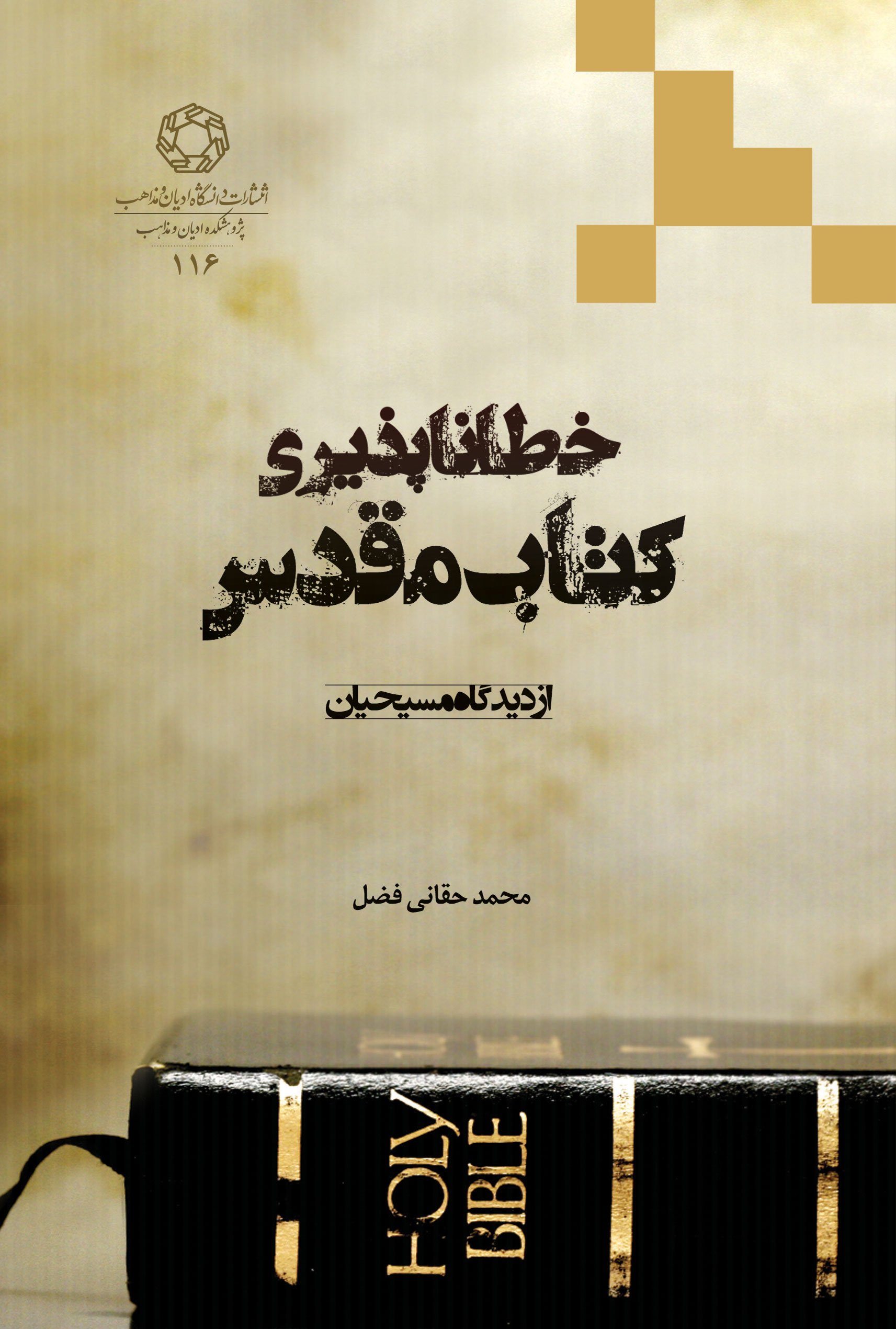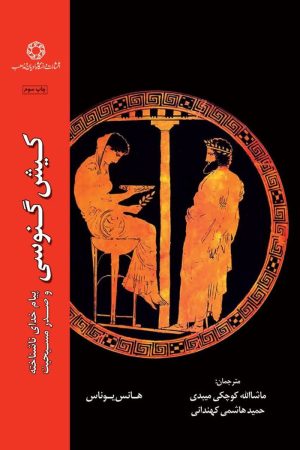The Infallibility of the Bible for Christians
Christian scholars have long engaged in the critique and examination of the Christian holy scriptures. Yet, as time progresses and we move further away from the early Christian centuries, more significant criticisms of the Bible are being raised by Christians themselves. In fact, it can be argued that the present age is characterized by an increasing number of challenges concerning the Bible within Christian communities.
The purpose of this book is to elucidate the existing theories surrounding the infallibility of the Bible within Christian theology. Alongside articulating these theories, the book will thoroughly examine the arguments put forth by both sides, carefully evaluating their strengths and weaknesses.
The book is structured into seven chapters, each dedicated to analyzing the Bible and the perspectives of Christian scholars regarding its potential flaws and deficiencies.
Chapter one focuses on providing an overview of the Bible, while chapter two delves into its position within divine revelation. Chapter three examines the reasons behind the emergence of doubts concerning the infallibility of the Bible. Chapter four delves into the errors that have been attributed to the Bible, while chapter five tackles the problem of infallibility and explores various theories of inspiration. Chapter six centers around infallibility based on verbal theories of inspiration, while chapter seven explores infallibility based on non-verbal theories of inspiration.
One section of the book states: “From the inception of Christianity, the Bible has held an unparalleled and revered position in the religious commitment of believers, a status that persists for many Christians to this day. However, following the Renaissance, there was an expansion of research on the Bible, its authors, writing style, and even its errors and contradictions. In the wake of the Enlightenment Age, the Bible came under critical analysis akin to other ancient works. Consequently, the Bible’s status was undermined, and its authority faced a crisis. Christian believers, on one hand, resisted this wave of criticism and offered arguments in defense of the infallibility of the Bible. On the other hand, critics actively engaged in critiquing the Bible itself as well as its defenders
| Author | Mohammad Haghani Fazl |
|---|---|
| Cover Type | paperback |
| Publication Year | 2013 |


